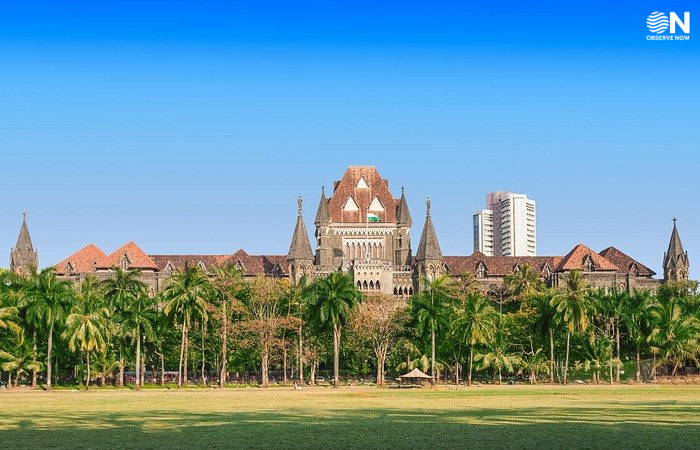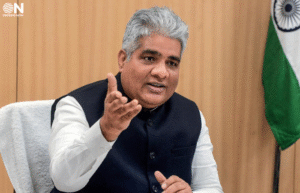Bombay High Court Rules Aadhaar, PAN, and Voter ID Do Not Guarantee Citizenship

The Bombay High Court has clarified that documents such as Aadhaar cards, PAN cards, and voter identification cards do not automatically establish an individual’s status as an Indian citizen. The ruling, delivered on August 13, 2025, came during proceedings involving Babu Abdul Ruf Sardar, a resident of Thane accused of being a Bangladeshi national. In denying bail, the court emphasized that the Citizenship Act, 1955, remains the definitive legal framework for determining citizenship, and possession of commonly used identity documents cannot substitute for formal verification under the law.
The court’s decision underscores the legal distinction between identity and citizenship. While Aadhaar, PAN, and voter ID cards serve important functions for financial transactions, government services, and electoral participation, they are not conclusive proof of nationality. The judgment reinforces the principle that citizenship determination is a separate legal process governed by statutory provisions, requiring thorough documentation and adherence to the procedures outlined in the Citizenship Act.
The case of Mr. Sardar brought this issue into focus, highlighting the challenges faced by authorities in verifying the nationality of individuals using standard identity documents. During the proceedings, the court noted that despite holding valid Aadhaar and PAN cards, the accused’s citizenship status could not be presumed without compliance with legal verification processes. The ruling sends a clear message that administrative identification tools cannot replace the formal legal mechanisms designed to establish citizenship.
This judgment has broader implications for both citizens and administrative authorities across India. It clarifies the limitations of widely used documents in proving nationality, especially in cases involving allegations of illegal immigration or disputed citizenship. The decision emphasizes that the Citizenship Act provides the sole authority to grant, deny, or verify citizenship, and courts will rely on its provisions rather than administrative records alone when adjudicating such matters.
Legal experts suggest that the ruling could impact various government procedures that currently rely on Aadhaar and similar documents for eligibility verification. While these documents remain essential for accessing services and benefits, individuals seeking to establish citizenship or contest nationality-related issues must adhere to the formal legal framework. The court’s interpretation reinforces the need for precise and legally recognized documentation in disputes concerning citizenship, especially in border and immigration-sensitive contexts.
Furthermore, the judgment reflects the judiciary’s role in maintaining the integrity of the nation’s citizenship verification processes. By distinguishing between identity proof and citizenship proof, the court has reinforced legal clarity, ensuring that statutory procedures are followed in cases with potential national security or immigration implications. Authorities are expected to exercise caution and diligence when dealing with citizenship verification, ensuring that administrative convenience does not override legal requirements.
In conclusion, the Bombay High Court’s ruling serves as a reminder that documents such as Aadhaar, PAN, and voter IDs, while critical for identification and public service access, cannot alone establish citizenship. The Citizenship Act, 1955, remains the cornerstone of legal determination, ensuring that nationality claims are subject to rigorous verification. This judgment reinforces the importance of legal compliance, procedural integrity, and clarity in addressing issues of citizenship across India.
















